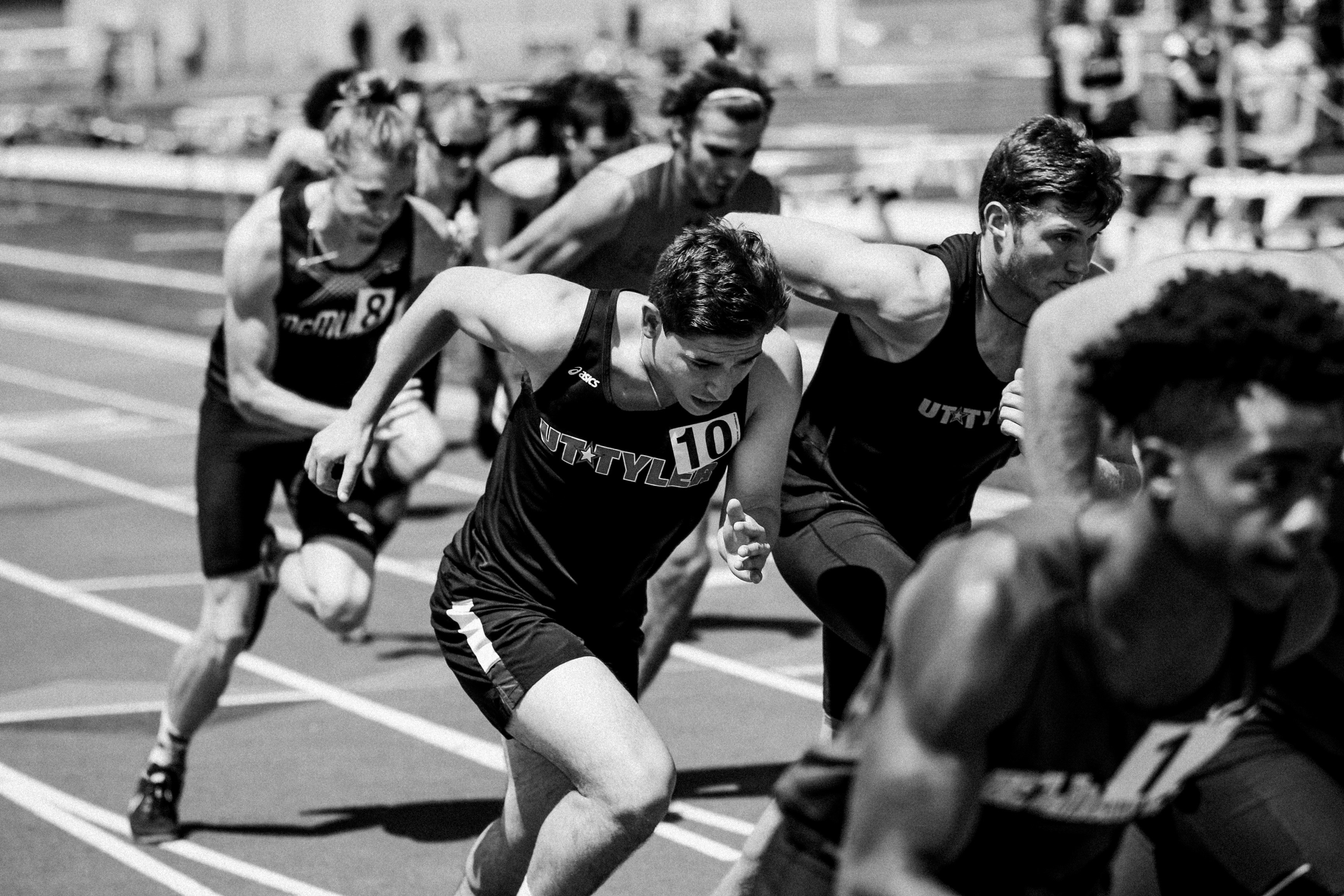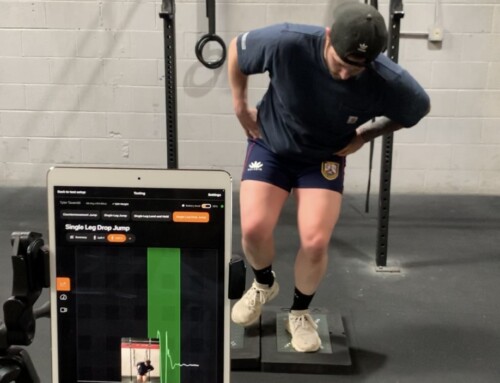Written by: Alex Borsuk, MS, RD
Bonking, hitting the wall, or whatever you want to call it, is an athlete’s worst nightmare. Have you ever experienced that overwhelming feeling where your legs feel like cement and your body is just so tired that you are forced to stop? Or felt a change in your normal behavior or attitude, such as slurred speech? That’s bonking, and it has the potential to ruin a workout or race for you.
So what actually causes you to bonk? Bonking can occur when your body runs out of glucose to burn, and your muscles and liver are depleted of glycogen. Because glucose is the primary fuel source for the brain, you may also experience central nervous system fatigue. This can happen during continuous exercise that is sustained for periods of more than two hours. Your body and digestive system simply cannot keep up with the calorie and fluid loss.
Fortunately, there are things you can do to prevent a bonk, and most are nutrition related! On average, a runner burns about 100 calories per mile. Therefore, an athlete can burn anywhere from 400-800 calories an hour! While everyone’s nutritional needs are a little different, there are things an athlete can do before, during and after a workout or race to avoid a bonk and perform at his very best. Here are five strategies you can implement to avoid hitting the dreaded wall.
1) Eat a diet adequate in carbohydrates every day. While people disagree on what is “adequate,” aim for a diet that is about 40-65% carbohydrates. Again, the optimal value is dependent on the individual.
2) Eat a diet that’s appropriate for your body weight. Chronic undereating can deplete glycogen stores. A diet adequate in calories and carbohydrates will help fuel and refuel your muscles so they will be ready for action.
3) Consume the proper carbohydrates before a workout. If you will be exercising for more than 60-90 minutes, it’s important to fuel up with carbohydrates that have a moderate to low glycemic index. That can include foods like bananas, oatmeal, yogurt, legumes, or apples. When eaten an hour before exercise, the foods will be digested enough to be burned for fuel and will continue to provide sustained energy during your workout. Aim for a preworkout meal of around 250-300 calories.
4) Consume adequate fuels while training and racing. Your glycogen stores only last about 90-120 minutes, so refueling while you exercise is important to keep your energy levels up. For workouts longer than an hour, make sure you consume water or an electrolyte-based drink with food. This can be anything from a sports gel or bar, to pretzels or even a sandwich. Your body can only absorb about 1-1.5g/carbohydrates per minute, or 250 calories of carbohydrates per hour, so it’s important to begin refueling far before you actually run out of energy. You can significantly increase your energy and stamina during your workout or race by eating about 100-300 calories of carbohydrates per hour.
5) Replenish glycogen stores after a long workout. This will help boost your recovery. Your muscles can replace glycogen at the average rate of about 5% an hour. So, it takes at least 20 hours to fully replenish depleted muscles. Ideally, try to consume carbohydrate-rich foods and beverages within 15 minutes of your workout or race. This is when the enzymes that are responsible for making glycogen are most active and will most rapidly replace the depleted glycogen stores. Aim for a mixture of carbohydrates to protein in a 3:1 or 4:1 ratio. And make sure to eat again after 1-2 hours to continue to replenish your glycogen stores and enhance recovery.





